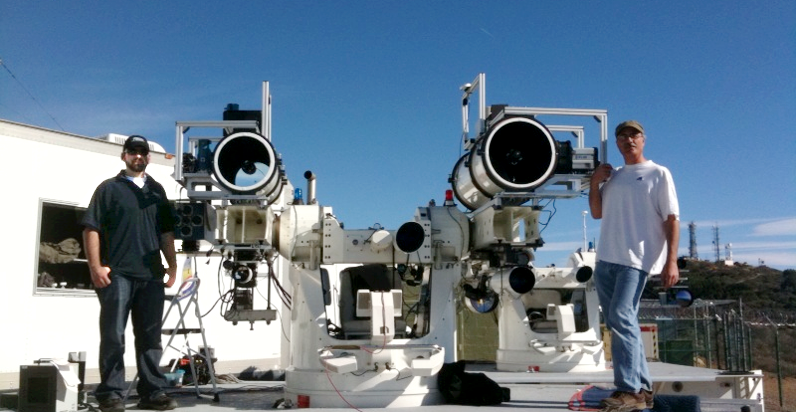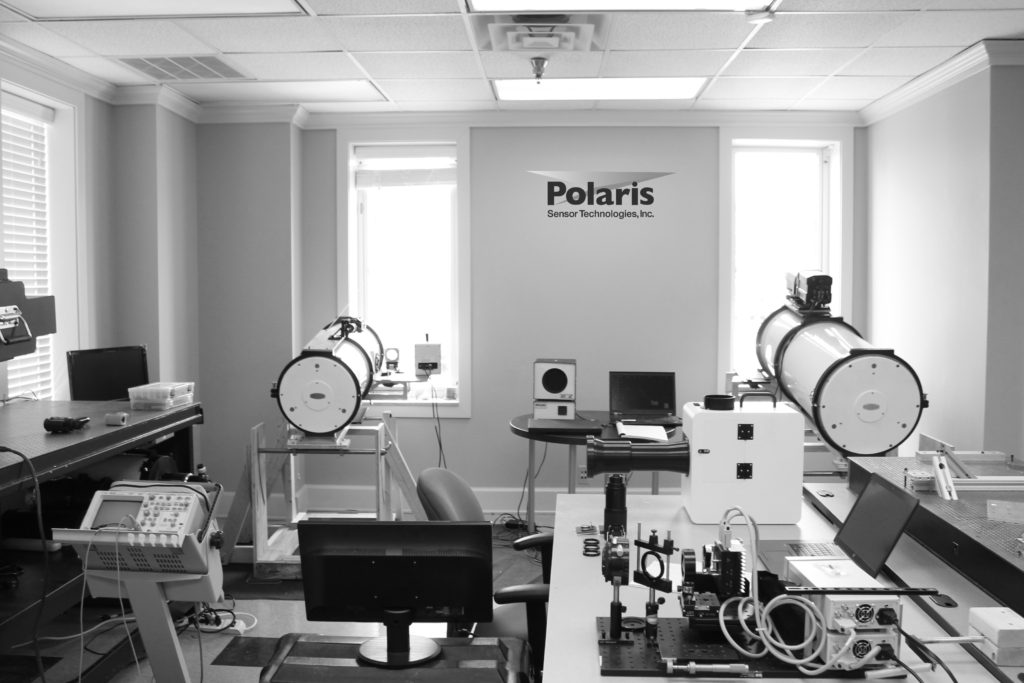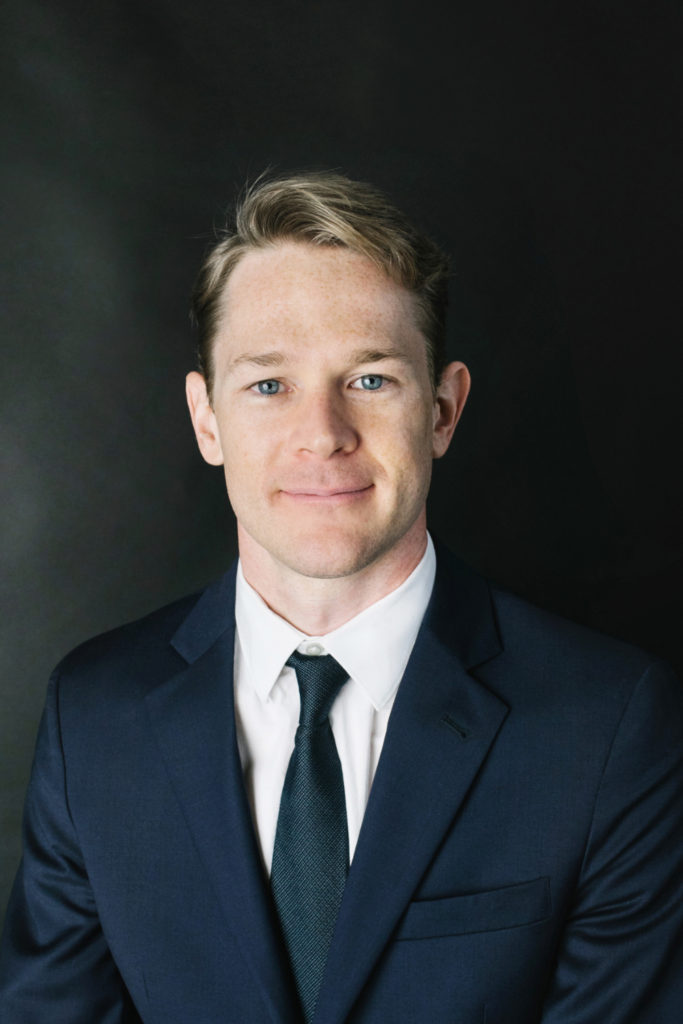Polaris Sensor Technologies, Inc.
Polaris Sensor Technologies, Inc.

Founded in 2003, Polaris Sensor Technologies leads the industry in custom optical systems. Our expertise spans algorithm development, software development, testing and measurement, and PCB design. We develop advanced optical systems for military and commercial applications including target detection, tracking, environmental monitoring, navigation, holography, and hypersonic aero-optics.
Starting with only scientific concepts, we have delivered highly specialized sensors that are integrated into laboratory instruments and small, rugged systems suitable for surveillance, targeting, tracking, environmental monitoring, and inspection. Advanced algorithms and calibration software enable the systems to operate beyond the performance of traditional cameras. Today, the applied research investment exceeds $25 million, and our products are being field-tested and readied for the commercial market.


As CEO and Co-Founder of Polaris Sensor Technologies, Mrs. Banish formed the company inside an incubator program at the University of Alabama as a PI of SBIR contracts focused on artificial intelligence and image processing. During her technical career, she has developed software, hardware, and optical systems to support research and is a specialist in hypersonic aero-optical system modeling, applied optics, and holography. She developed the accounting and contracting systems that won the approval of the DCAA and rolled out these tools to aid other small businesses. She developed a subsidiary, KnowFlame®, around novel biochemical technology and products. Prior to founding Polaris, she worked at firms that focused on micro machine manufacturing, anti-reflective surface structures for next generation focal planes, and applied research. She received her B.S. in Electrical Engineering in 1987 with a minor in Engineering Management and her M.S. in Electrical Engineering from the University of Alabama in Huntsville in 1994.

As President and Co-Founder of Polaris Sensor Technologies, Dr. Chenault leads a team of 30 scientists and engineers in developing advanced sensors, algorithms, and optical instrumentation for military and commercial customers. Under his leadership, Polaris has a long history in developing optical systems from the visible to the long-wave infrared optical bands that exploit the polarization properties of light. As a result of his contributions to this technology, he was selected to be a Fellow of SPIE and has been Chair or Co-Chair of 13 SPIE conferences in Polarization. He has co-authored special sections on polarization in Applied Optics and Optical Engineering journals. Dr. Chenault received his B.S. in physics from Vanderbilt University in 1986, his M.S. in Physics from the University of Alabama in Huntsville in 1989, and his Ph.D. in Physics at the University of Alabama in Huntsville in 1992.

As CTO of Polaris Sensor Technologies, Dr. Pezzaniti initiates, directs, and manages a large portion of Polaris’s new technology development. He is a subject matter expert in polarization imaging, micro- and macro-optical system development, and physical aerodynamic optical effects. His breadth of knowledge includes not only optical disciplines, but also mechanical, electrical, processing, and analytical specialties that directly lead to the success and customer satisfaction of Polaris R&D and product development efforts. He has over 75 journal publications, holds 23 patents, and is a collaborative member of research teams at leading universities as well as with the Army, Air Force, and Navy Research Laboratories. He graduated from the University of Florida and in 1993 completed his Ph.D. at the University of Alabama in Huntsville under renowned polarization expert Dr. Russell Chipman.

As Vice President at Polaris Sensor Technologies, Mr. Harchanko has over 31 years of leadership, management, engineering, and research experience in designing and developing optical systems across the UV, visible, SWIR, MWIR, and LWIR wavebands. His group’s focus on all aspects of hypersonic IR seeker performance including testing, modeling, and simulation provides significant capability for strategic partnerships. He is a subject matter expert in optical systems for space, counter-IED for the dismounted soldier, and disturbed earth detection using optical sensors. He performs an extensive amount of algorithm development using conventional and neural network approaches. His forte is optical systems engineering to achieve the optimal balance of sensor hardware and algorithms in order to maximize system performance. The application of these skills helped launch the spinoff subsidiary KnowFlame®. He is the primary, or sole inventor of 7 patents and received his B.S. of Optical Science at the University of Alabama in Huntsville in 1992.

As the Director of Product Development, Dr. Eshelman assists the leadership team at Polaris in investing in the success of the company and in developing cutting-edge technologies that offer solutions to difficult problems. Her focus is on securing transition funding and demonstration opportunities to move Polaris’ R&D prototypes from the lab to commercial markets. She is responsible for the scientific and technical direction of SkyPASS (a celestial-based GPS-denied navigation sensor) where she supports program management, testing, calibration, and data analysis. Dr. Eshelman received her B.A. in Physics in 2013 from Gustavus Adolphus College (St. Peter, Minnesota) and her M.S. and Ph. D. in Electrical Engineering from Montana State University (Bozeman, Montana) in 2015 and 2018, respectively. She holds one patent and is a peer reviewer for the SPIE Journal Optical Engineering and the OPTICA Journals Optics Express and Applied Optics.

Mrs. McCann has over a decade of engineering design, assembly, and test experience developing small-to-large scale optical systems for various applications. Her expertise concentrates on opto-mechanical design of reflective and refractive systems operating from visible to LWIR wavebands. She designs and builds opto-mechanical systems for highly complex optical imagers including, but not limited to: rotating retarder polarimeters, division of aperture polarimeters, division of amplitude polarimeters, and multi-spectral systems. At Polaris, Mrs. McCann lends program management support to the Facial Recognition and Navigation programs. She received her B.S. in Mechanical Engineering in 2014 from Auburn University in Auburn, AL and currently serves on the Auburn University Mechanical Engineering External Advisory Board.

As a Deputy Project Manager, Mr. Donaldson helps lead and direct a multi-disciplinary team of scientists and engineers to transition notional concepts into deployable hardware assets. Currently, he is focused on the development of our Aero-Optics Kit for use in test facilities ranging from University-owned, “cold” Ludweig tubes to our nation’s premiere, high-enthalpy, long run, blowdown tunnels. Additionally, he is working to bolster the commercial optical metrology capabilities of the Polaris lab to provide customers with a tailored measurement services experience for expert evaluation of both conventional and novel optical components and systems. Mr. Donaldson received a B.S. in Physics in 2016 from Denison University in Granville Ohio and is currently pursuing his M.S. in Optics from the Institute of Optics at the University of Rochester.
Polaris is here to help you solve challenging problems with cutting-edge technology. We will design, develop, and manufacture the solution you need to complete your mission.